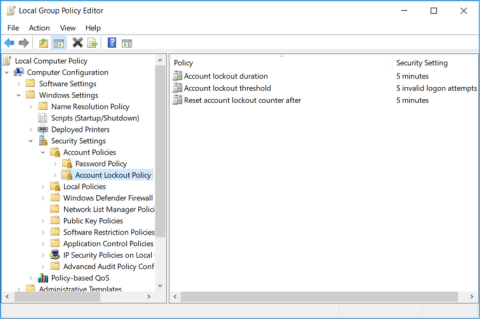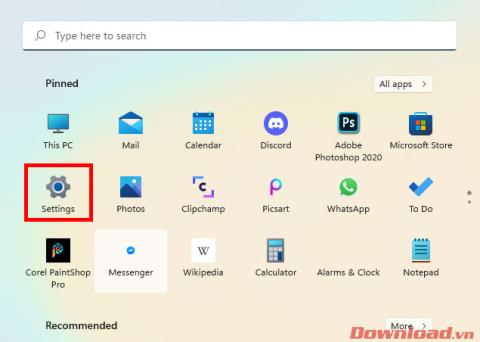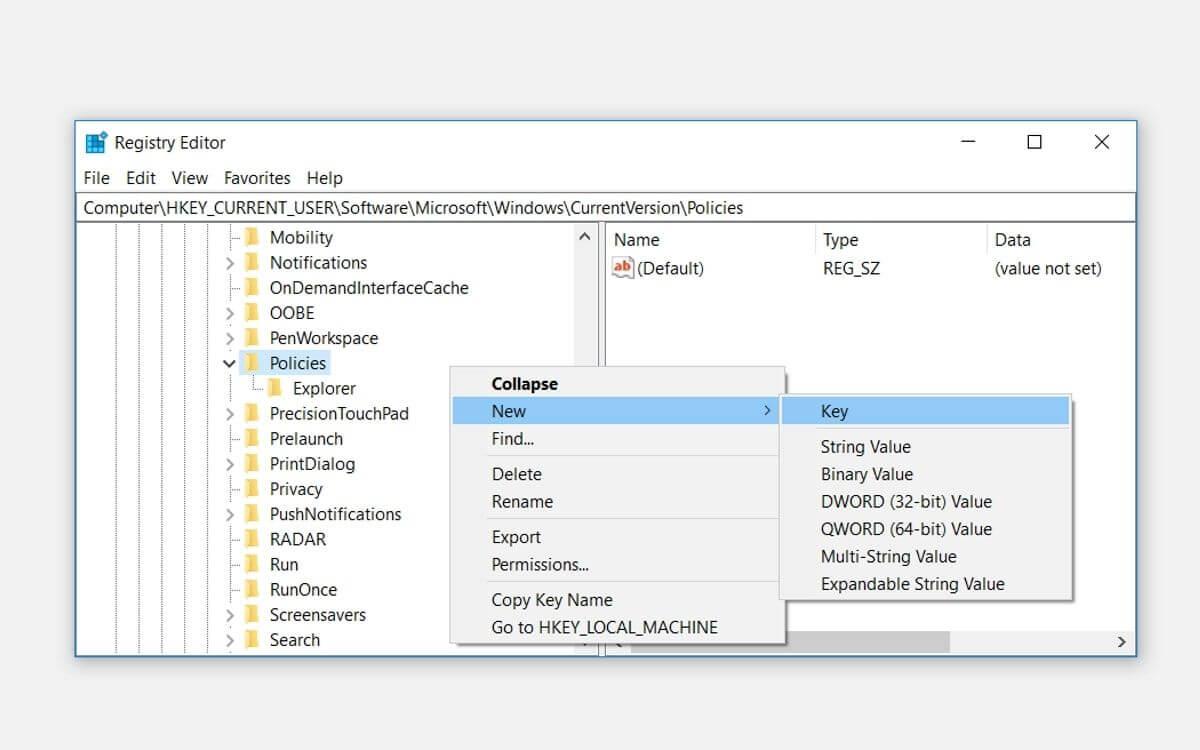How to Copy Partition to Another Drive in Windows 11/10/8/7

In Windows 11, 10, 8, and 7, you can quickly copy a partition to a different drive using the flexible disk cloning tool AOMEI Partition Assistant.
Device Links
Google Chrome analyzes websites for your safety and warns you if the connection isn’t secure. However, occasionally this feature may restrict access to websites that you want to visit regardless of the security status. If you are wondering how to add a website to the trusted sites list, we’re here to help.

In this guide, we will explain how to add trusted sites in Google Chrome – on Windows, Mac, Android, iPhone, and with GPO. Additionally, we will answer some of the most common questions related to trusted sites in Chrome.
How to Add Trusted Sites in Google Chrome on Windows
Changing website safety settings on Windows is a simple process. To do this, follow the instructions below:
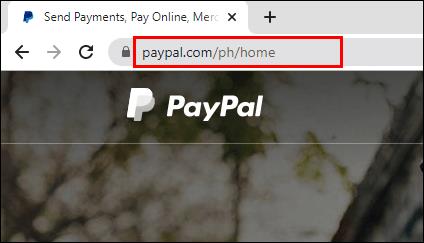
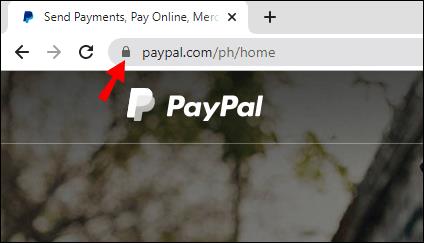
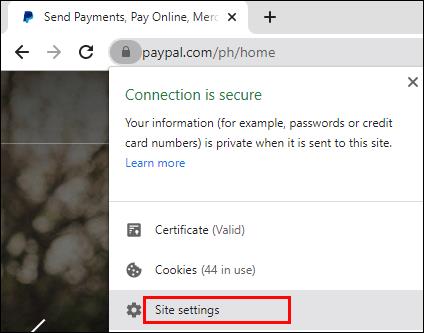
You can also manage safety settings for several sites at once. To do that, follow the instructions below:
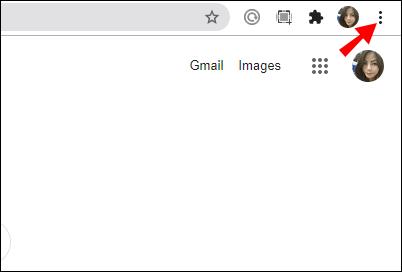
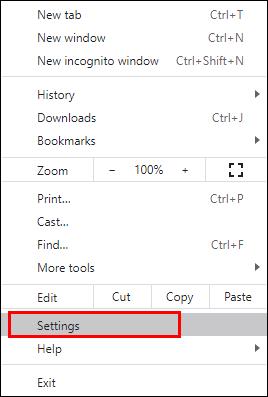
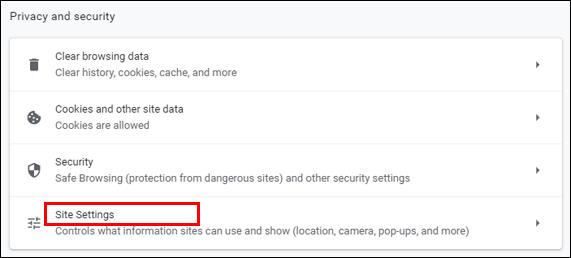
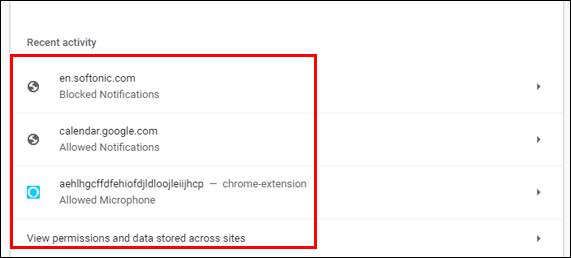
How to Add Trusted Sites in Google Chrome on a Mac
Managing site permissions in Chrome on a Mac is just like Windows, follow the steps below:
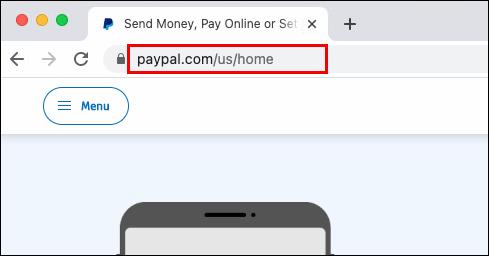
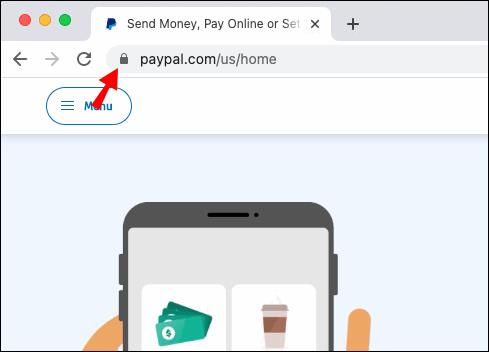
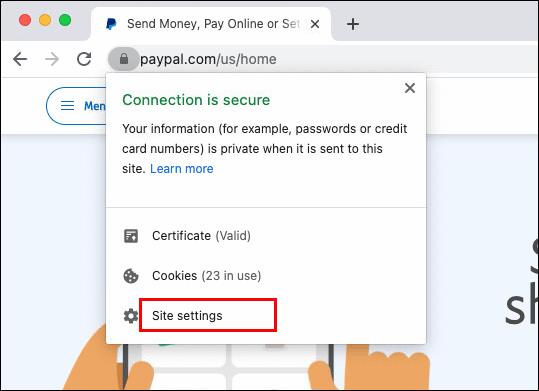
How to Add Trusted Sites in Google Chrome With GPO
If you are using a Group Policy, managing website safety settings in Chrome is slightly more complicated than without any domain controller. You will have to set the settings through your GPO rather than Chrome. To mark a website as trusted, follow the instructions below:
How to Add Trusted Sites in Google Chrome on an Android Device
The instructions for changing website security settings in the Google Chrome Android app are slightly different from those for PCs. To mark a website as trusted, follow the steps below:
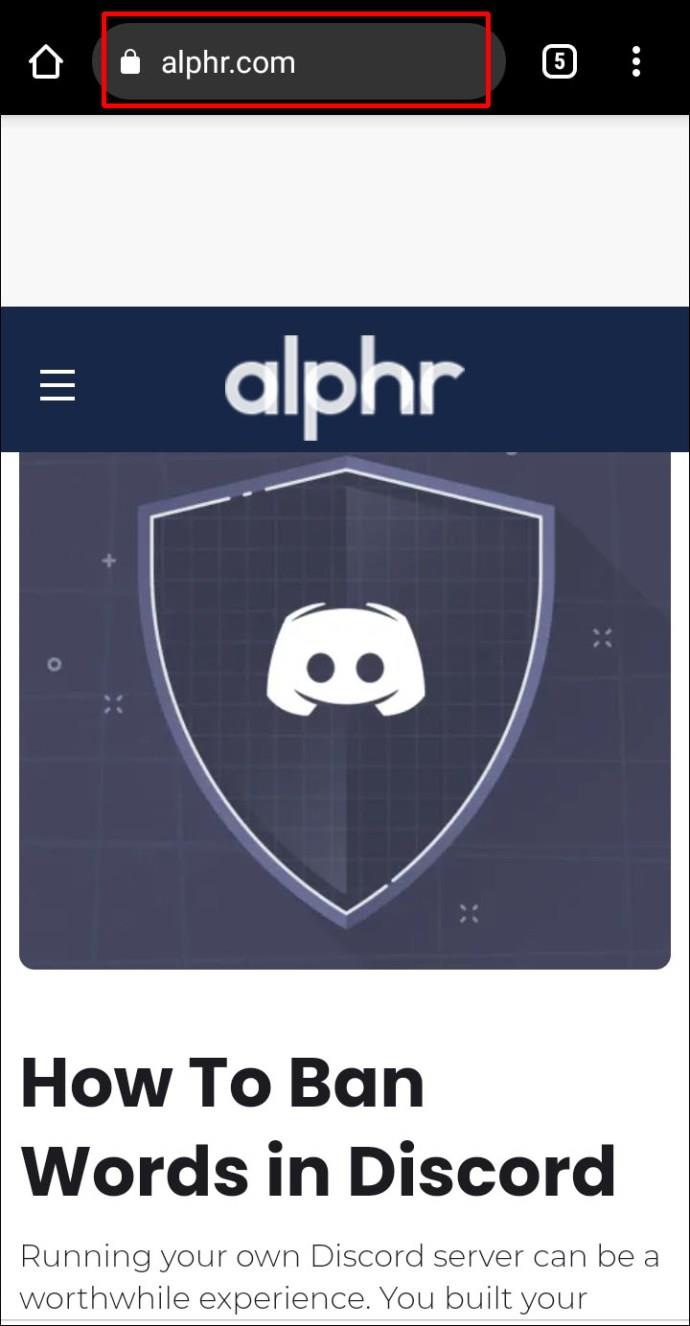

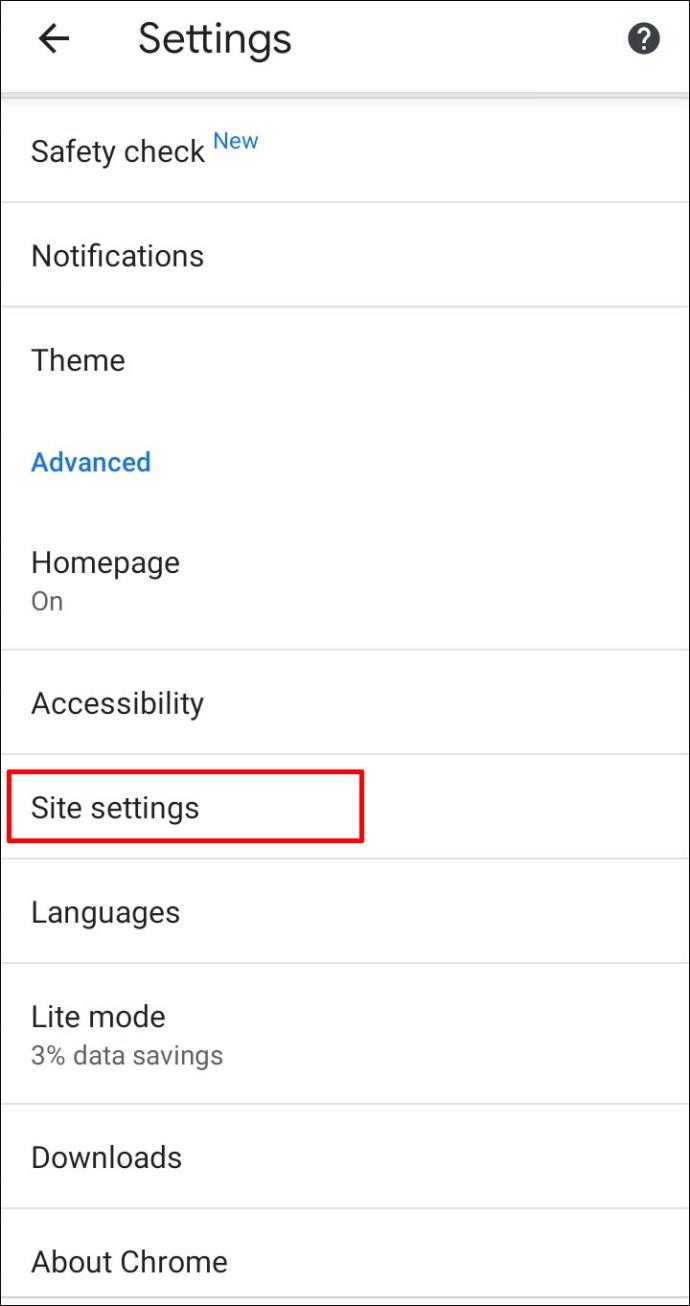
To manage permissions of several websites on Android at once, follow the instructions below:
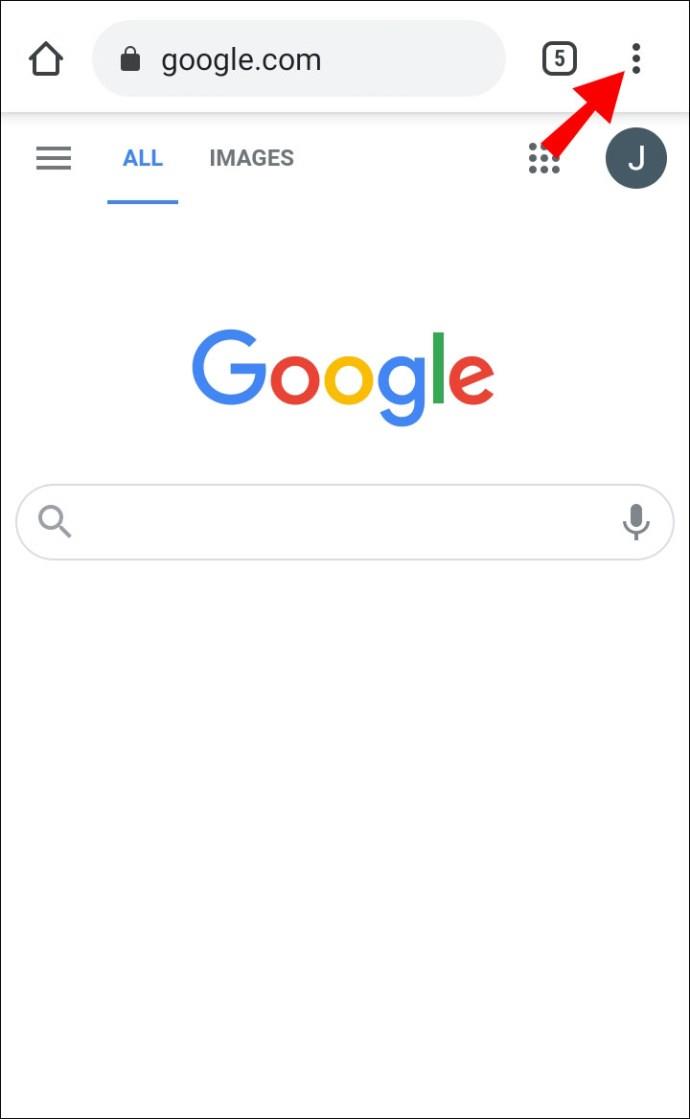
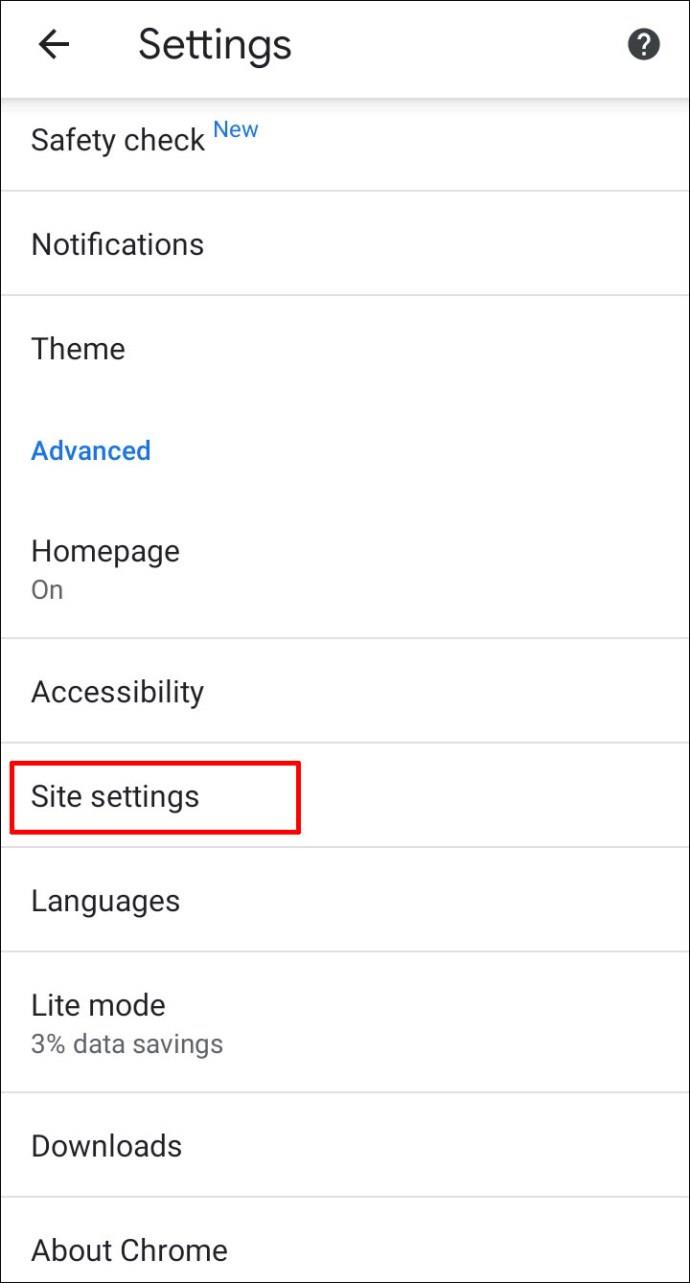
How to Add Trusted Sites in Google Chrome on an iPhone or iPad
You can change website safety settings in Chrome for iPhone or iPad by following the steps below:
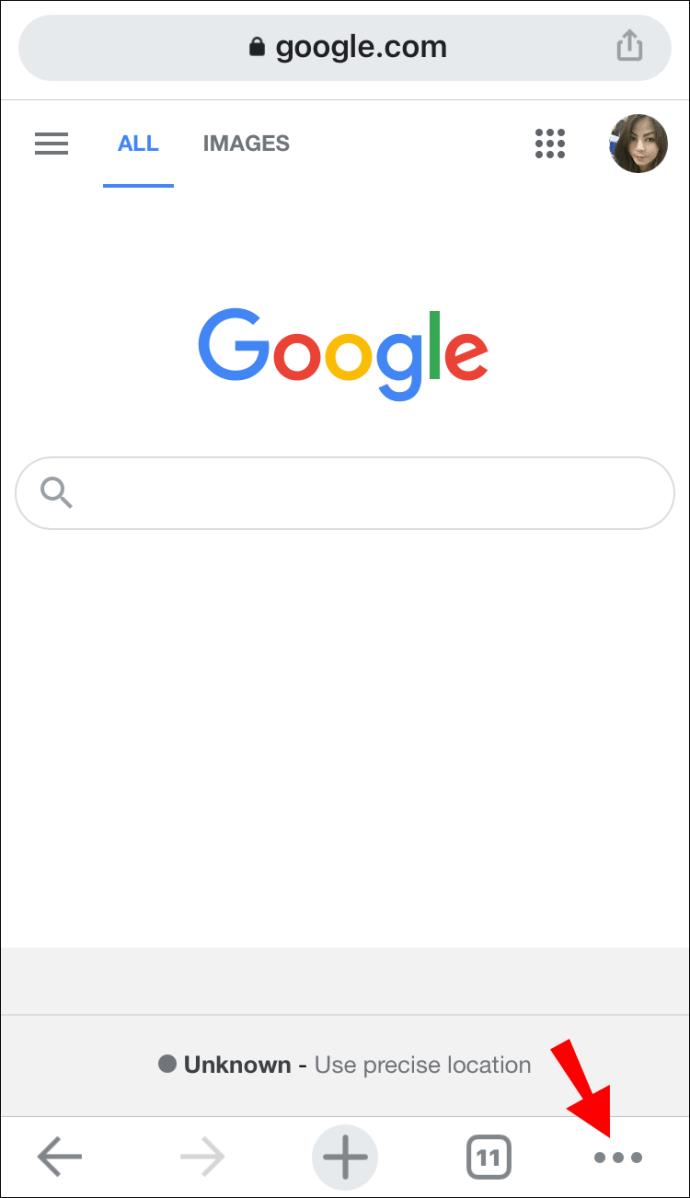
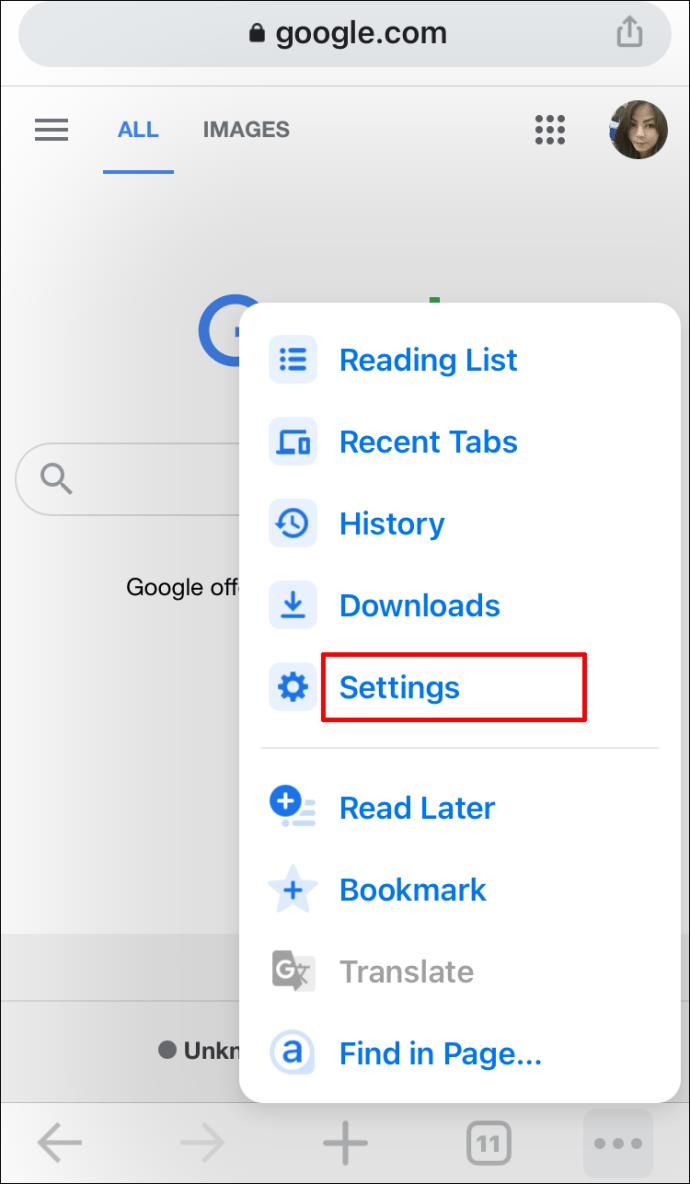
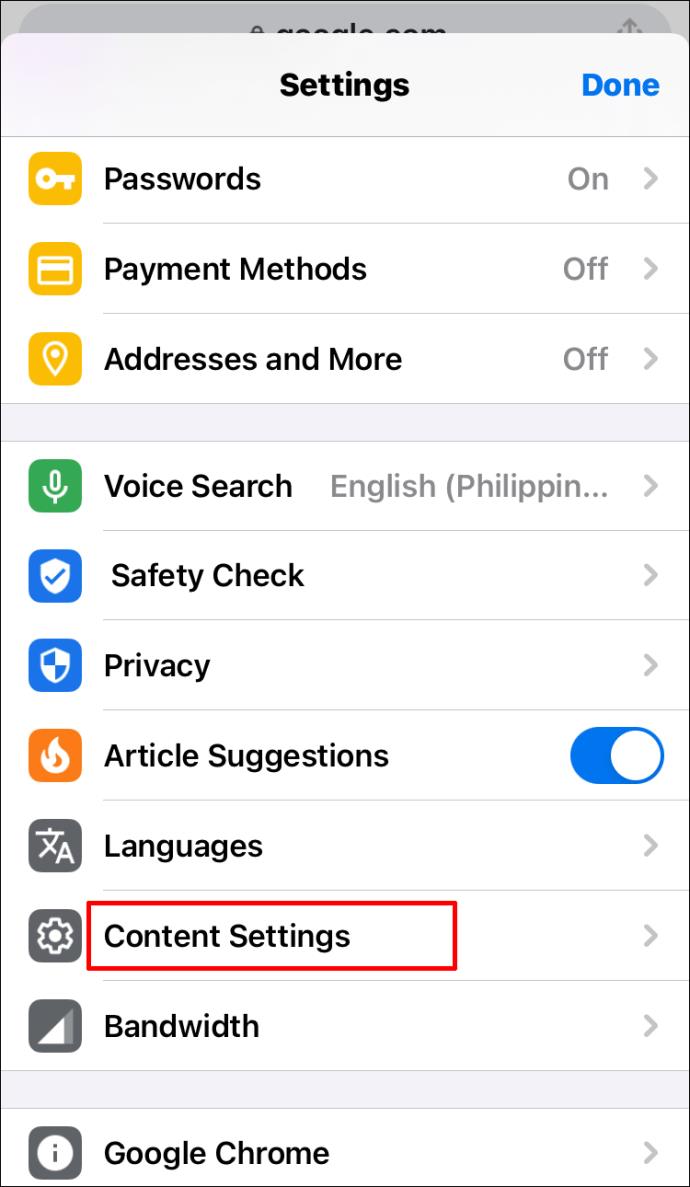
Frequently Asked Questions
Now that you know how to add trusted websites in Google Chrome, you may want to get more detailed information about the browser’s website security settings. Read this section to get answers to some of the most common questions.
How Do I Set Trusted Sites in Edge?
To change site security settings in Microsoft Edge, you have to use Windows Control Panel.
1. Open the start menu, type “Control Panel“, and then click on the app. 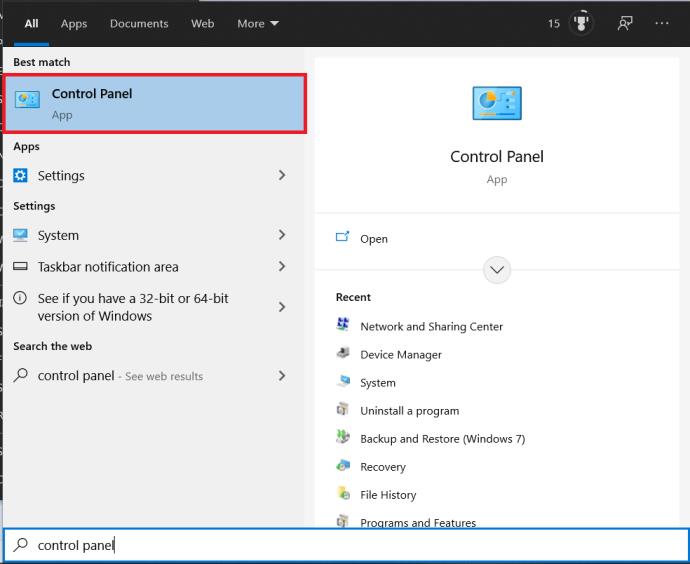
2. Then, navigate to Internet Options, you might need to change the View by option to Small icons. 
3. Now, select the Security tab from the top of the menu. 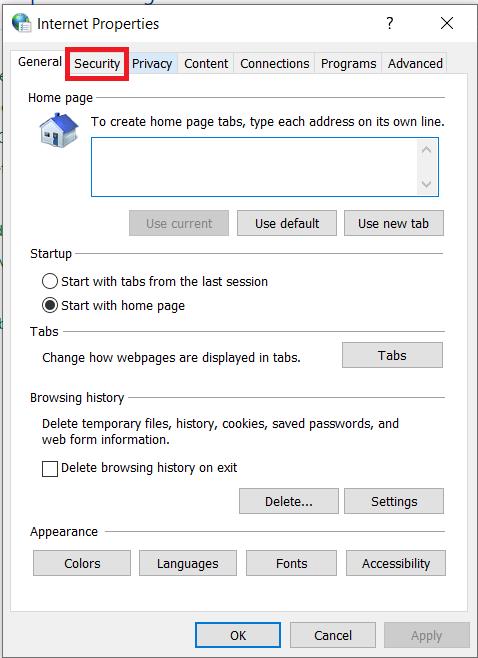
4. Click on Trusted sites, then double-click on the Sites button. 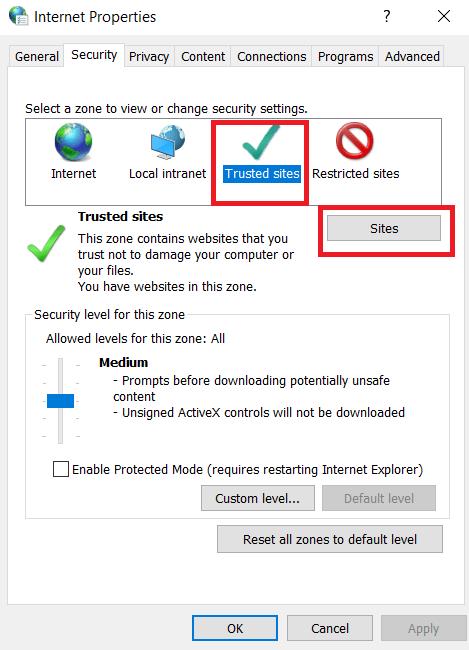
5. Type the website address into the Add this website to the zone textbox, click Add, and then click OK. 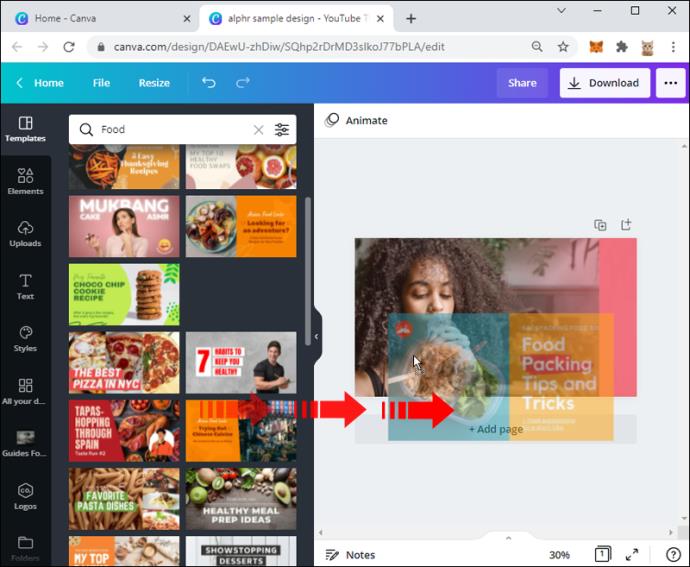
How Do I Allow a Website on Chrome?
If Google Chrome identifies a website as unsafe, you can mark it as trusted through the Site settings.
1. To do that, open the desired website in Chrome.
2. Then, click the info or warning icon beside the site address input box.
3. Select Site Settings, then change the info or warning icon to the lock icon. Changes will be saved automatically.
Optionally, you can manage the security settings of several websites at once – to do that, open the browser and click on the three-dot icon in the upper right-hand corner of your screen. Select Settings from the drop-down menu. Navigate to Privacy and Security, then to Site Settings. You will see a list of all websites you’ve visited. Manage safety permissions for websites you wish to mark as trusted.
How Do I Check Trusted Sites?
Checking a website’s security status in Google Chrome is very simple.
1. Open a website in your browser and find the appropriate icon to the left from the site address input box. A lock icon means that the connection is secure. Information that goes through the website isn’t visible to third parties but is private.
2. An info icon indicates that there’s not enough information or that the site is not secure. This means that information on the website isn’t private. However, this can be changed by visiting the https:// instead of a http:// website version. Simply re-type the website address with https:// in the front.
3. If you see a red warning icon, the website is not secure or dangerous. Information from such websites is very likely to be available to third parties. We strongly advise against such websites as to avoid leaking your information, especially if you are planning to make a payment through the site.
How Do I Add a Site to My Trusted Sites in the Registry?
If you run a managed Chrome account and are using Windows, you can mark a website as trusted only through Chrome GPO.
1. To do this, open the Chrome GPO folder and navigate to Policies for HTTP Authentication.
2. Then, select Enabled and type in the address of the website you wish to mark as trusted. You can manage browser policies that aren’t available in GPO through the Windows registry.
For example, you can manage extension installation blocklists, enable safe browsing, or enable reporting of usage and crash-related data. First, download this zip file. Run the file and navigate to Configuration, then select Examples. Find the chrome.reg file and copy it. Open this file with any text editor, such as Microsoft Word or Google Docs, and edit the file’s text. You can find templates for specific settings here.
Why Does a Website Appear Not Secure in Chrome?
A red warning sign or an info icon beside a website’s address indicates that information shared through the site isn’t private. Most often, Chrome marks websites with http:// in the front as unsafe. HTTP stands for hypertext transfer protocol. HTTPS, on the other hand, is a secure hypertext transfer protocol.
Some websites have two versions, meaning that you can edit the site’s address from http:// to https://. Chrome will then recognize the site as safe. Don’t share your payment details and other highly private information through HTTP websites.
How Do I Fix the “Your Connection Is Not Private” Error in Chrome?
Occasionally, Chrome displays a “Your connection is not private” message and disables access to a website. This often happens when you’re attempting to use public Wi-Fi, for example, at the airport. In this case, try signing into any http:// page. If this doesn’t work, try signing into the same page in Incognito mode. If the sign-in is unsuccessful, the issue most likely lies in the Chrome extension, and you have to turn it off. You could also try updating your operating system or turning off your antivirus.
Be Aware Managing Security Settings
Hopefully, with the help of our guide, you will easily be able to manage site security settings in Google Chrome. Be aware, though – often, Chrome has a valid reason to mark a website as not secure. Don’t share personal information through websites not using encryption. If a website you visit often uses HTTP, consider asking them to switch to the HTTPS version to minimize risks or use a browser setting or extension that automatically encrypts traffic sent out over HTTP.
Which browser is your favorite, and why? Share your opinions in the comments section below.
In Windows 11, 10, 8, and 7, you can quickly copy a partition to a different drive using the flexible disk cloning tool AOMEI Partition Assistant.
Driver Booster 12 Free is an effective tool that will keep your computers drivers up to date, which will make the system run faster and more reliably. This driver updater from IObit keeps your PC running at its best by checking for lost, out-of-date, or broken drivers immediately.
In an era where digital efficiency is paramount, Advanced SystemCare 17 Free emerges as a beacon for those seeking to enhance their PC's performance.
Summary of Movies & TV application shortcuts on Windows 10, Summary of Movies & TV application shortcuts on Windows 10 to bring you a great experience. Maybe
How to fix Messages Failed to Load error on Discord for Windows, Discord isn't fun if you can't read what other people write. Here's how to fix Messages error
How to display the This PC icon on the Windows 11 desktop, During the process of using Windows 11, many users need to access This PC (management).
How to find information in the Windows Registry quickly, Do you find it difficult to find information in the Windows Registry? So below are quick ways to find the registry
How to limit the number of failed login attempts on Windows 10. Limiting the number of failed password login attempts on Windows 10 helps increase computer security. Here's how
How to create fake error messages in Windows, Windows can come up with some pretty creative error messages but why don't you try creating your own content for them to make fun of?
Ways to open Windows Tools in Windows 11, Windows Administrative Tools or Windows Tools are still useful on Windows 11. Here's how to find Windows Tools in Windows 11.
How to fix Windows Quick Assist not working error, Windows Quick Assist helps you connect to a remote PC easily. However, sometimes it also generates errors. But,
How to pin Word, Excel and PowerPoint files to the corresponding app icon on the Windows 11 taskbar, How to pin Office files to the taskbar icon on Windows 11? Invite
How to fix the error of not being able to install software on Windows, Why can't you install apps or software on Windows 10/11? Here's everything you need to know about how to fix it
Instructions for deleting or changing the PIN code on Windows 11, In Windows 11, the PIN code is a very useful and convenient security tool for users. However some people
How to fix There Are Currently No Power Options Available error in Windows 10, Can't select power mode in Windows 10, what should I do? Here's how to fix the error
The simplest way to fix Photos app errors on Windows 10, what should I do if Microsoft Photos doesn't work? Don't worry about ways to fix Photos app errors on Windows
Instructions for installing shortcuts to switch input languages on Windows 11. During the process of using Windows, users will often have to switch between methods.
How to check power status is supported on Windows 11, Windows 11 can handle many different power states. Here's how to check the power status
How to switch from 2.4GHz to 5GHz in Windows 10, If you want to find a quick and simple way to speed up the Internet, changing the WiFi band from 2.4GHz to 5GHz may help.
How to fix Not Enough Memory to Run Microsoft Excel error on Windows, Are you having an error of not enough memory to run Microsoft Excel? So, how to fix Not Enough Memory error






